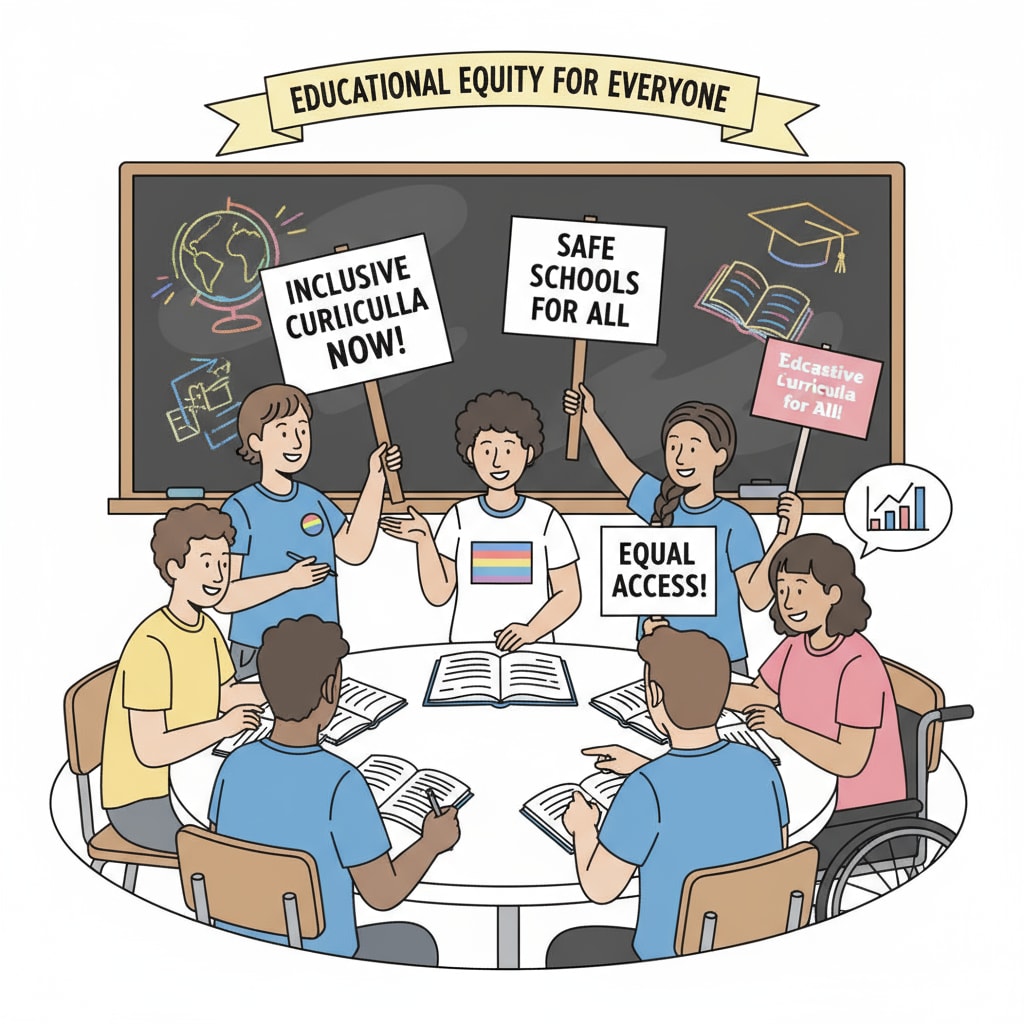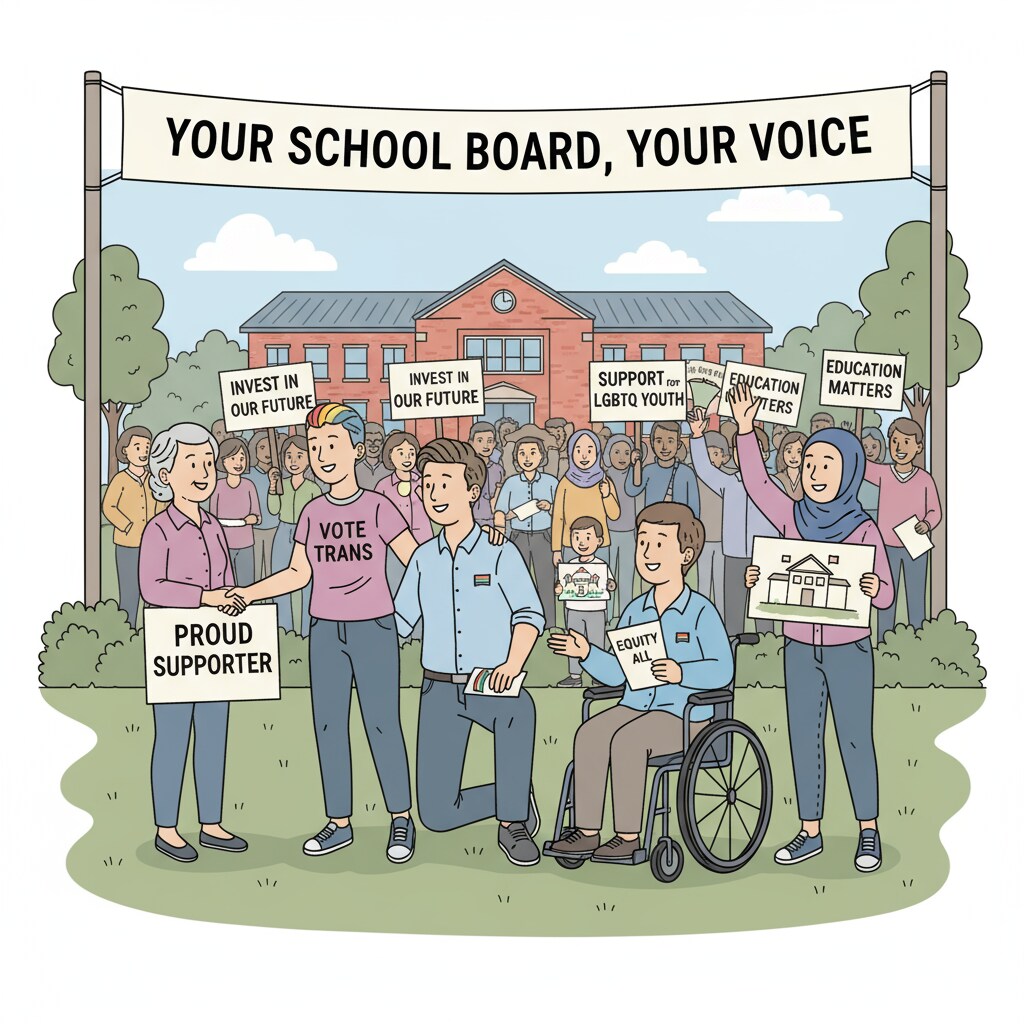In recent years, the landscape of K12 education has become a battleground, with far-right groups attempting to impose their restrictive ideologies. However, LGBTQ+ individuals are rising to the occasion, actively participating in school board elections to safeguard the principles of diversity and inclusion. This movement is not only about representation but also about ensuring that every student has access to an inclusive and supportive learning environment.

The Far-Right’s Assault on Education
Far-right groups have been increasingly targeting K12 education, seeking to limit discussions around LGBTQ+ issues, critical race theory, and other topics they deem controversial. Their efforts include pushing for curriculum changes, book bans, and policies that marginalize certain student groups. These actions not only stifle academic freedom but also create a hostile environment for students who identify as LGBTQ+ or belong to other minority groups. For example, in some states, they have successfully passed laws that restrict teachers from discussing LGBTQ+ identities in the classroom. Far-right politics in the United States on Wikipedia
The Rise of LGBTQ+ Representation in School Boards
In response to these threats, more and more LGBTQ+ individuals are deciding to run for school boards. By getting involved at this level, they hope to counter the far-right’s influence and promote policies that support all students. These candidates bring with them a wealth of personal experiences and a deep understanding of the challenges faced by LGBTQ+ youth in educational settings. For instance, they advocate for inclusive curriculum that reflects the diversity of the student body and provides accurate information about LGBTQ+ history and culture.

Their presence on school boards also serves as a powerful symbol of acceptance and support for LGBTQ+ students. It sends a message that their identities are valued and that they have a place in the educational system. Moreover, LGBTQ+ school board members can work towards creating safe spaces within schools, implementing anti-bullying policies that specifically address discrimination based on sexual orientation and gender identity. LGBTQ rights on Britannica
Readability guidance: The far-right’s actions in education are a cause for concern, but the increasing representation of LGBTQ+ individuals in school boards offers hope. By getting involved in the decision-making process, they are working to ensure that schools are inclusive and supportive for all students. The next step is to continue to support these efforts and encourage more community members to get involved in the fight for inclusive education.


